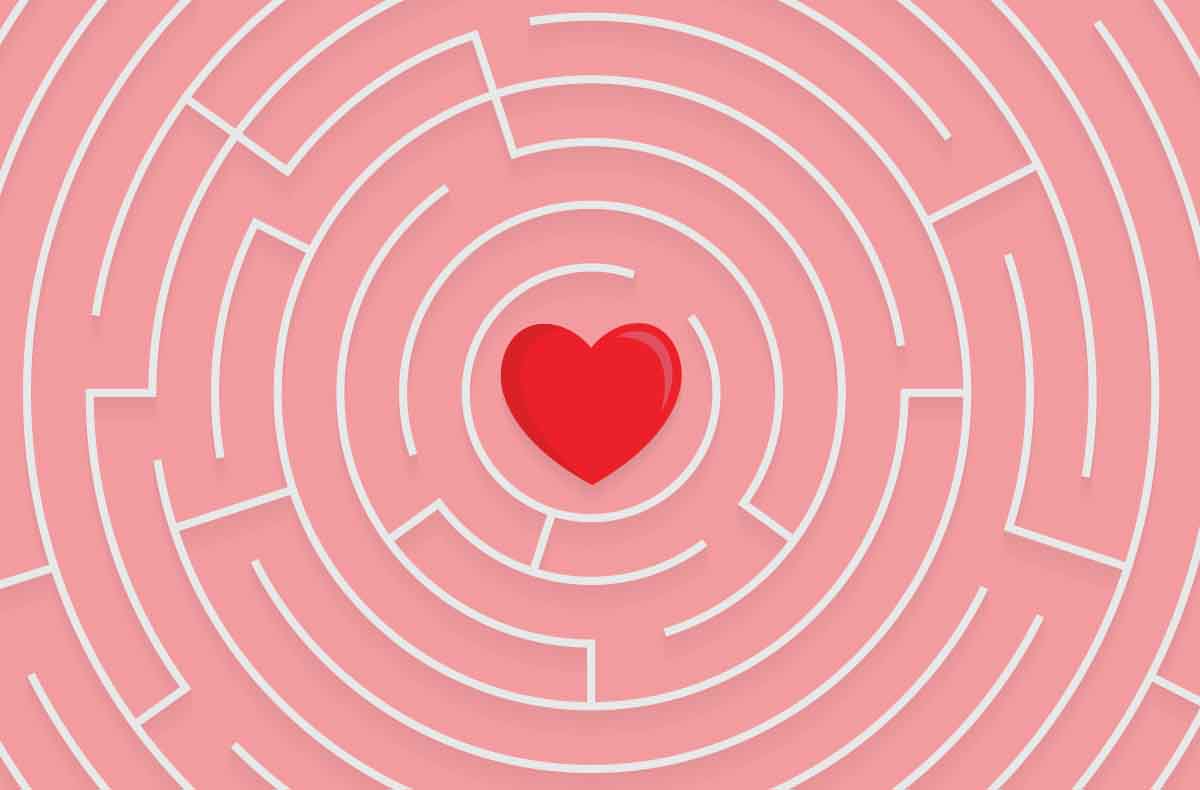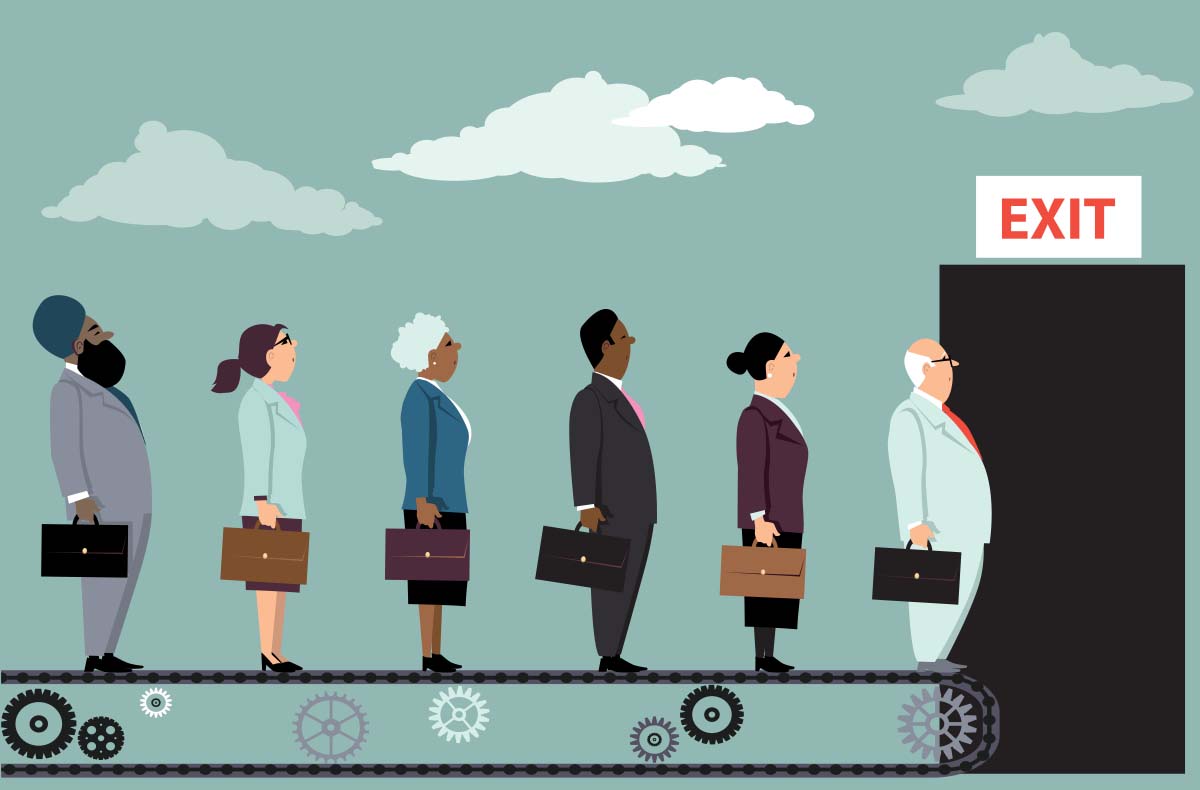
We live in an instant world. We can binge a whole series on Netflix in one day, receive same-day deliveries from Amazon, and order any food we want to our door with one click of a button. Long gone are the days we would wait eagerly week by week for the next fix of our favorite TV show, or savor a trip to the shops to get something we desperately wanted from afar.
We as a society have become so accustomed to getting what we want, exactly when we want it—often, before we’ve even really had a chance to really think about it in depth. Quicker is always better, and we are always in a rush. Even walking speeds are up. As Carrie Fisher famously put it, “Instant gratification takes too long.”
Whatever happened to good things coming to those who wait?
This is leaking into the dating world too. Dating experts love to coin the latest trend, whether it’s red flags, breadcrumbing, ghosting, cuffing—the horror show goes on. Combine this with romance films, we have an expectation we will meet someone and fall in love instantly, and everything will be perfect. Our culture often goes so far as to glamorize predatory male behavior.
We also get bombarded with a volley of “rules” for how men and women will behave if they’re really interested, and thus how we should date to protect ourselves. We are meant to become our own behavioral psychologists as we look for a mate.This causes us constantly to go on high alert, analyzing every move to see if someone is serious about us—or walking into our lives just to use us. If we get anxious, they can’t be the right person, or they must be playing games. If they take a few hours to reply, we should cut it off and move on, and we’re straight back on the apps. Thank you, next.
The problem is, if we are constantly analyzing and in “protect” mode, how can we ever leave space to see the good things and truly connect with the real person—not the version of the person we would like to show up?
I remember speaking to my grandma about how she ended up with my grandad. The pair first got together as a couple when they were 18 and remained so for nearly 50 years. One thing struck me was this: “We met a while before, and got to know each other. These things take time.”
I couldn’t help but wonder: is it even possible for things to develop slowly in modern dating? Perhaps relationships of my grandma’s era lasted so much longer because they had room to grow. Maybe that space and time allowed those two people to get comfortable, show who they really are, keep focusing on themselves while simultaneously building an authentic connection. Yes, divorce was frowned upon—or even illegal—so there were certainly unhappy marriages. But, perhaps in the past, we also depended more on compatibility and forming a friendship first, rather than stumbling upon instant chemistry. Maybe there was room to evade The Rules, and not drop into a panic spiral if not asked out for a Saturday night date by Wednesday.
Everyone comes into a situation with their own set of experiences, and their own notions on the “right” ways to date. So, if we form an expectation on how things should develop—rather than seeking to understand and see the person as they are—there’s no allowance for something to develop slowly. There is no chance to get to know each other and grow over time—just like how any other working or personal relationship would. If a friend took a few hours to text back, would you worry, or think they are a bad person bent on toying with your heart?
What if we approached dating with less pressure, and more ease; what if we trained ourselves to make positive assumptions? Is it possible to do so without trusting too much too soon—or playing the fool? What if—brace yourself for this possibility—they are, indeed, very busy?
The challenge is that it takes confidence to take things slowly. We feel vulnerable for longer, and we have to work through uncertainty rather than jump straight in. Admittedly, that’s scary. When we feel the need to move quickly, it often comes from a place of insecurity. We think if we get that commitment, then we are in control, and we are less likely to be hurt—which isn’t necessarily true at all. This need to move fast can also come from someone not being completely happy in their life. It’s all too tempting to look for romantic connections to provide us with the validation we want. Or the happiness we crave. But can something ever really flourish if we feel the need to control it, or we need it to feel good about ourselves? Furthermore, can a relationship ever solve our problems or put us at peace with ourselves?
Uncertainty is a part of dating—and life! In one of the bestselling dating books of all time, the Men Are From Mars, Women Are From Venus series, John Gray devotes a whole section to uncertainty. He posits that many people think that uncertainty is a bad thing—that we should all know straight away and have no doubts that a person is for us. But this is absolutely unrealistic. Additionally, it makes for a much more stable relationship when we have time to think and process our feelings between each date and as we move forward. We need to take in reality, not project our ideas about what’s right, or how things should be.
We can also focus on building a friendship first. Yes, chemistry and connection are important, but if the relationship isn’t sustained by friendship, is it really going to work? Companionship isn’t all about pheromones. A bit of trust and compassion could make the difference between connection and combat. But we can only do this if we feel free in our own lives and don’t need someone to show up in a particular way to make us happy. We need to relax our expectations around what “showing up” means.
A friend and I spoke recently about this, and how she felt during the initial dating phase with the man she now calls her boyfriend. She met him at possibly the busiest period of her life. She had just moved further out of the city in which she was living, and was busy most nights, investing in her friendships, and hard at work. She mentioned to me that she hadn’t felt nervous at all during their early relationship. She was living in the moment, not dating for an imagined future. I found this interesting, because she implied it was because of how he showed up, but once I dug more into it, I became convinced it was because she didn’t get nervous. Why? She was so content in her larger life choices at that moment that she didn’t mind either way where it went. That mental space allowed the connection to flourish.
For example, on one of their first dates, he said he wasn’t looking for anything serious as he wanted to move abroad, but she didn’t react negatively. She didn’t pull away because she was enjoying getting to know him enough and wasn’t overly worried about where it was going. She also reasoned that if things went well, they could adjust and change their views of what the future looked like. If she had been nervous or closed off, she might have ended it after he said he didn’t want a relationship with only a date or two in—and they wouldn’t be in the happy space they are in now. What’s more, relationships can move quickly and flourish. I’ve personally had experiences where we were official and saying those three words within a matter of weeks, leading to very healthy, long-lasting relationships.
We should listen to what people say, how they treat us, and how it makes us feel. This is where it’s most important to pay attention because people and plans can change as we get closer and build bonds. There is no one way. There are no rules. I cannot speak to war, but—as the adage goes—all is fair in love. That said, I would argue for letting the clock run a little longer, avoiding snap judgments, and paying attention to what’s before your eyes.


